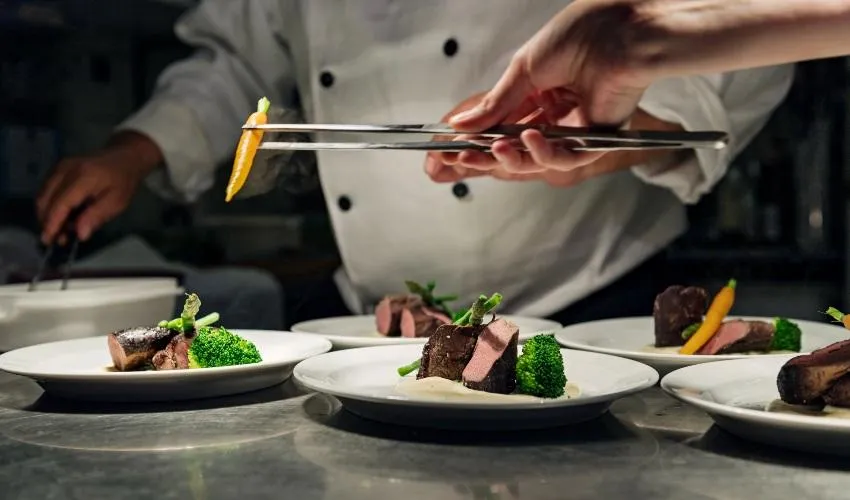
The Fault and the Blessing in Our Stars
When the Michelin Guide of Washington, DC, restaurants was first published, it provided customers with a new tool to make choices, but it also introduced a new form of ranking, that triggered insecurity in highly ranked organizations. In order to fit with what they believed the audiences would expect from the elite, newly awarded restaurants modified their descriptions about menus, cuisine techniques and pricing, while restaurants with an already high status engaged in compensatory actions to emphasize authenticity and exclusivity.
Rankings act as essential signals indicating competitiveness of organizations, which are typically prevalent in industries characterized by uncertainty in the assessment of quality (e.g., restaurants and hotels, books and movies, colleges and universities), Giada Di Stefano (Department of Management and Technology), Saverio Dave Favaron (SKEMA Business School) and Rodolphe Durand (HEC Paris) explain in an article published online in advance in Management Science.
The investigation started on 31 May 2016, when Michael Ellis, director of the Michelin Guide, announced that the first edition of the Washington D.C. Michelin Guide would be published in the fall of that year. According to Michelin, the new Guide would "put the city more firmly on the world stage of great gastronomic destinations." Press interviews released by prominent chefs, and the authors' own interviews with food critics and restaurant managers in the weeks that followed the announcement, substantially confirmed Michelin's expectations. As the manager of a restaurant in DC commented: "It is a significant standard for dining and so for DC to be included for the first time is a big deal."
The Guide was finally published on October 13, 2016, and Washington D.C. became only the fourth U.S. city after New York, San Francisco, and Chicago endorsed by Michelin. 106 of the city's restaurants were ultimately included in the Michelin Guide, with 12 awarded a coveted Michelin star. "We look at how these hundred restaurants modified their behavior compared to similar D.C. restaurants that, based on their Yelp rating, price point, and cuisine style, could have made it into the guide, but were ultimately not included. We further compare included restaurants to similar restaurants located in a comparable city where Michelin did not enter (i.e., Boston)," Professor Di Stefano noted.
The sudden inclusion in the guide elevates the endorsed restaurants to the elite of the industry worldwide, pushing restaurants to make changes aimed at signaling the newly acquired position. "Restaurants modified the content of their menus, increased references to sophisticated cooking techniques and provided longer descriptions of dishes. They also adjusted pricing to signal awareness of the value they create for, and capture from, their customers" Prof. Di Stefano said. "This tendency to act was stronger for restaurants that were included in the guide, but not awarded Michelin stars."
The results also show that restaurants responded differently depending on their standing prior to the entry of Michelin. The authors find that restaurants that were not already endorsed by local and national food critics mostly emphasized the origin of the ingredients used in their dishes and reduced references to the size of portions, so to signal their belonging among the elite. Restaurants with high prior standing, on the other hand, tended to increase mentions of cooking techniques and act on their pricing strategy, so to channel authenticity and exclusivity. "Interestingly, the changes made by restaurants with high prior standing require more substantial operational interventions. Changes made by restaurants with low prior standing, on the contrary, can be easily implemented so to signal an ability to 'fit the mold' only," as Prof. Di Stefano remarked.
While conducting this research, the authors also got interested in how customers observe and react to the entry of Michelin. "We started to examine this issue with a series of preliminary analyses. We seem to observe a change in the profile of customers issuing evaluations and in the content of evaluations themselves. For instance, customers' reviews tend to be more focused on food. We are currently working on another project to explore these issues more in depth," Prof. Di Stefano concluded.
Saverio Dave Favaron, Giada Di Stefano, Rodolphe Durand. "Michelin is Coming to Town. Organizational Responses to Status Shocks." Management Science, articles in advance. DOI: https://doi.org/10.1287/mnsc.2021.4210
When Michelin is Coming to Town
